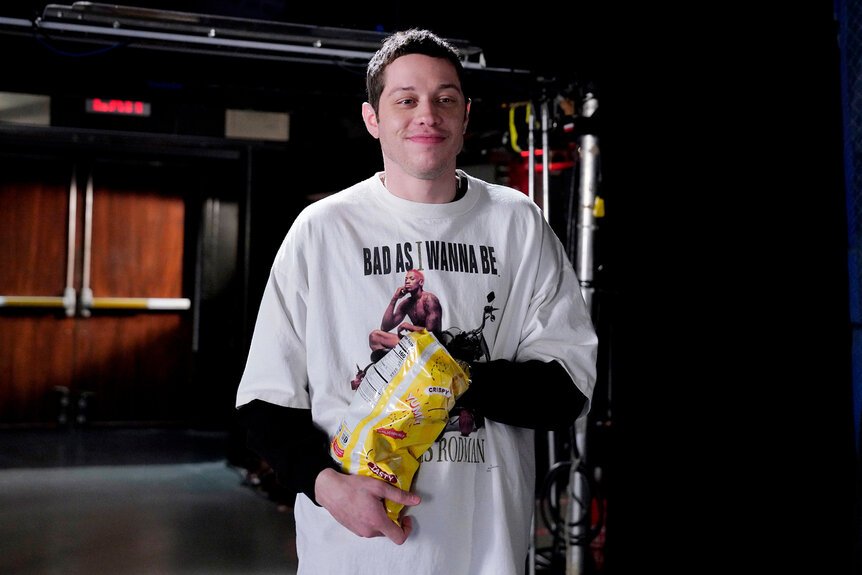The Return of Late-Night Television
For nearly 75 years, generations, young and old, have been united in their appreciation for shows like Saturday Night Live, The Tonight Show, Late Night with Seth Meyers, and Late Night with Conan O’Brien. And yet, this sense of appreciation should be extended to those who make these shows so entertaining. Late-night shows are made possible because of the glue that is their writers. Because of television writers, millions nationwide rejoice in the indulgence of late-night comedy. Without them, the show cannot go on.
Beginning in May of this year, silence fell over Hollywood and Manhattan as the writers started to fight for their demands. The Writers Guild of America (WGA) last went on strike in 2007, right when streaming services like Netflix started to gain popularity. No one could have predicted the explosion of these services and virtually the death of standard cable TV. With the monopolization of the television industry, these production companies lacked regulation and exploited their workers. This failure to uphold the strike agreements established 16 years earlier inspired the need for more action. Writers walked out of their studios on May 2, but as of September 26, they recently returned to work with a resolution.
This fall, the negotiating committee of the WGA met with studios on an agreement. After five excruciating months, comedy writers are now financially protected by a new stipulation, in which their salaries now reflect the popularity of the shows they work on. So, whenever someone mindlessly logs into Peacock to binge-rerun episodes of SNL, the writers who spent countless hours behind the scenes will be sufficiently compensated and appreciated for their work.
The Screen Actors Guild-American Federation of Television and Radio Artists (SAG-AFTRA), a labor union committed to protecting actors, went on strike alongside the writers. However, the organization is still working tirelessly to safeguard the rights of actors. While there is still work to be done in protecting the rights of those working in the television industry, the end of the strike will represent progress and the prospect of better compensation across the board.
With technology advancing at an alarming rate, specifically artificial intelligence, the WGA knew setting boundaries in this realm was also essential. Per this agreement, AI cannot study writers’ scripts to further its understanding of human-written comedy. AI has no place in the writers’ room; viewers want to revel in the jokes written by creative, fun beings—not technology.
Late-night programs were the first to be tangibly impacted by the strike and the first to get back on air post-agreement. Seth Meyers, Jimmy Fallon, and Steven Colbert had their writers back in the office the next day and were back on air in the first week of October. Saturday Night Live returned on October 14 with the first episode of season 49, with Pete Davidson returning as the host for the first show premiering since the hiatus. Davidson kicked off the return with a lively audience, making an appearance in nearly every sketch. From the show’s first Barbie parody “I’m Just Pete” to Taylor Swift and Travis Kelce’s unexpected cameos, SNL made sure there was more than enough buzz-worthy content to make headlines Sunday morning.
For writers everywhere, these months represent a breakthrough in valuing writers, as well as establishing standards and expectations. From those working their way up to those already holding seats in the writers’ room, scriptwriters everywhere applaud the WGA for fighting to protect and secure those writing your favorite shows.
Strike Out,
Writer: Caroline Higdon
Editor: Noelle Knowlton
Tallahassee


